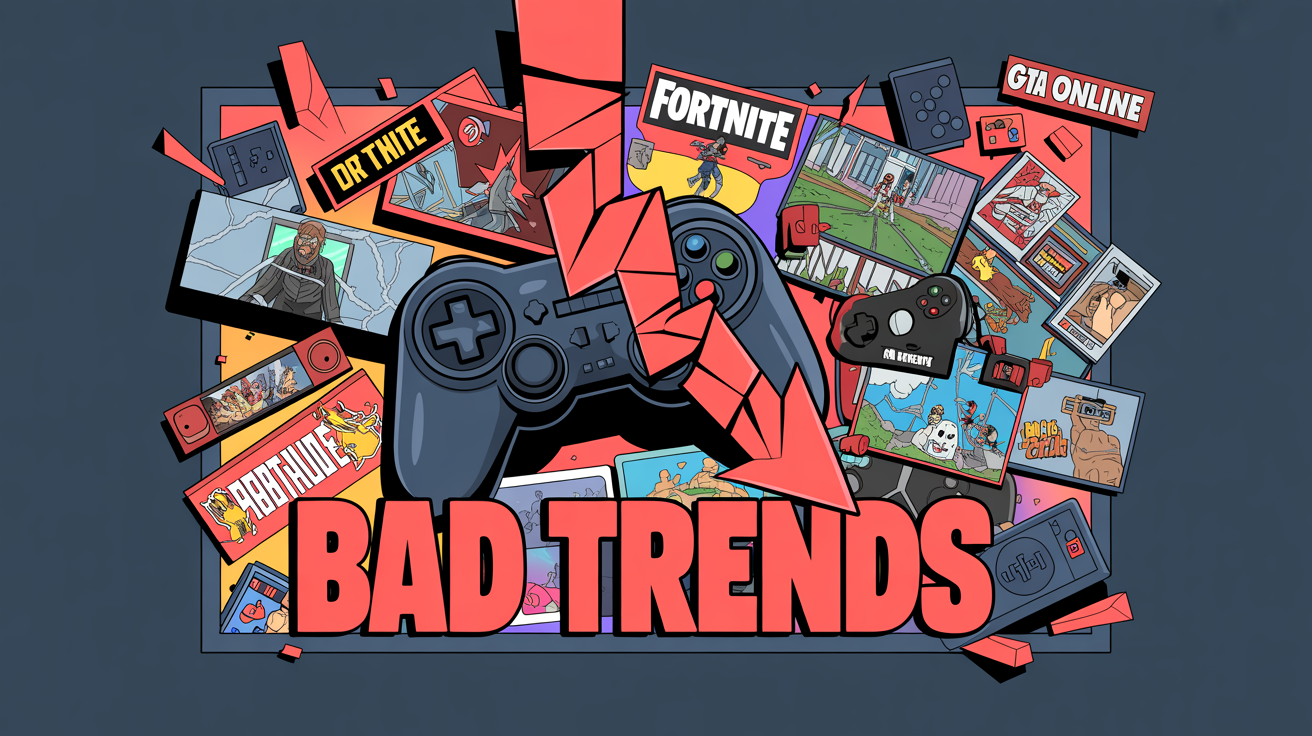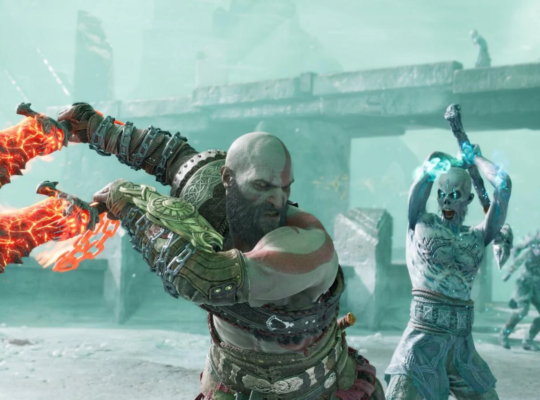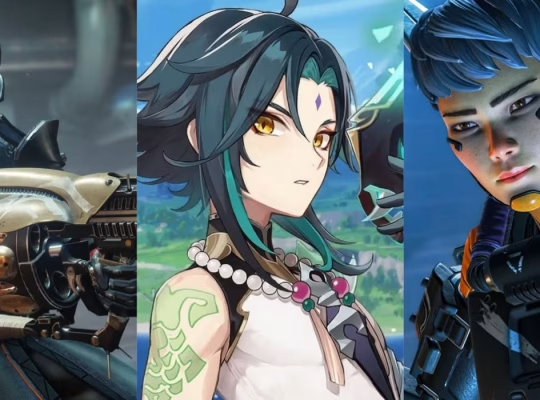When it comes to gaming, not every great innovation leads to something good.
Some of the most iconic, beloved games in history accidentally opened Pandora’s box—starting trends that reshaped the industry in ways players still debate today.
Here are 20 great games that started bad trends in gaming, and why their influence still echoes through modern titles.
1. Team Fortress 2 – The Loot Box Epidemic
Valve’s Team Fortress 2 changed the landscape of online shooters—but not just for its gameplay.
When the Mann Co. crates arrived, they introduced loot boxes to mainstream gaming. What started as fun cosmetics evolved into gambling-like monetization across the industry.
2. The Elder Scrolls IV: Oblivion – Paid Cosmetic DLC
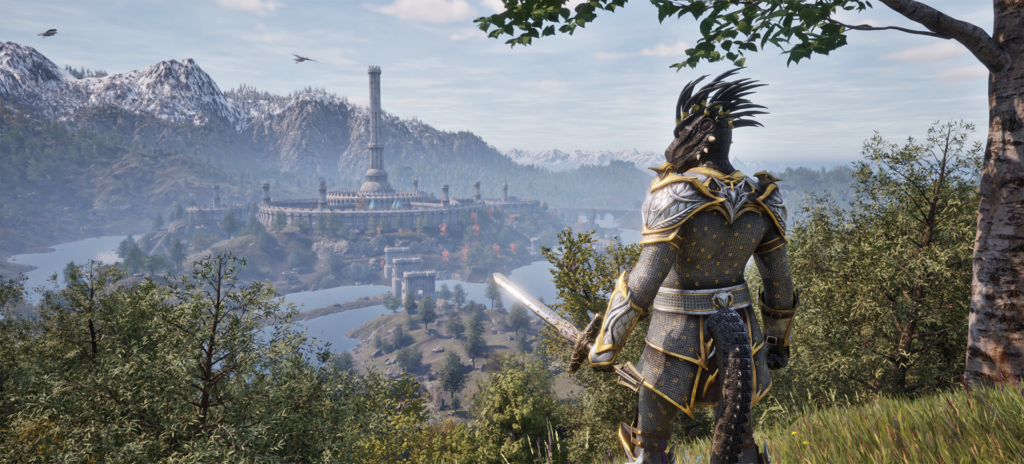
Remember the Horse Armor DLC? Bethesda sold shiny horse armor for real money, and the internet exploded.
At the time it was a joke—but it opened the floodgates for paid microtransactions and overpriced add-ons.
3. Counter-Strike: Global Offensive – Skin Gambling

Weapon skins were a fun cosmetic flex until third-party gambling sites turned them into an underground betting economy.
CS:GO blurred the line between gaming and gambling, raising major ethical questions that still linger.
4. DOTA 2 – The Battle Pass Craze
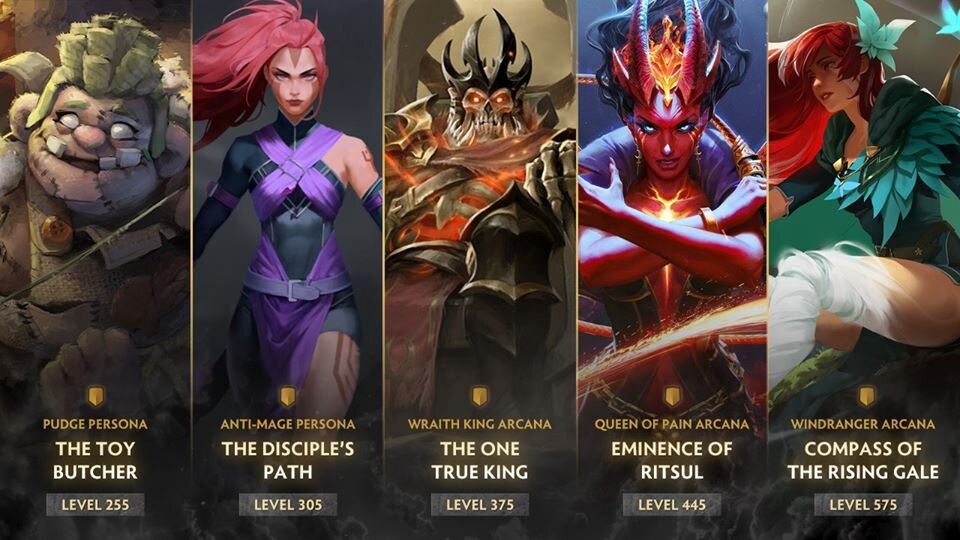
Valve strikes again. The DOTA 2 battle pass was innovative at launch, but it soon became a template every studio copied.
Now, almost every live-service game runs on a battle pass model, forcing players into endless seasonal grinds.
5. Destiny / Destiny 2 – Vaulted Content
Destiny took things a step further—removing paid content from the game to make way for new expansions.
Imagine paying for a campaign only to have it deleted later. That’s the Bungie model, and it set a dangerous precedent.
6. Overwatch & Overwatch 2 – The Forced Sequel
Overwatch 2 replaced the original entirely, shifting focus to esports and heavy monetization.
The first game’s easygoing charm disappeared, replaced by grind-heavy systems and battle passes.
7. Minecraft – Early Access Explosion
Minecraft perfected early access—cheap entry, regular updates, and a satisfying full release.
But its success inspired a wave of unfinished “early access” games that never deliver on their promises.
8. SimCity (2013) – Always Online DRM

EA’s SimCity 2013 required an internet connection just to play single-player mode.
It was broken at launch and basically killed the franchise, but it also paved the way for always-online DRM in other games.
9. MapleStory – Microtransactions & Gacha Systems
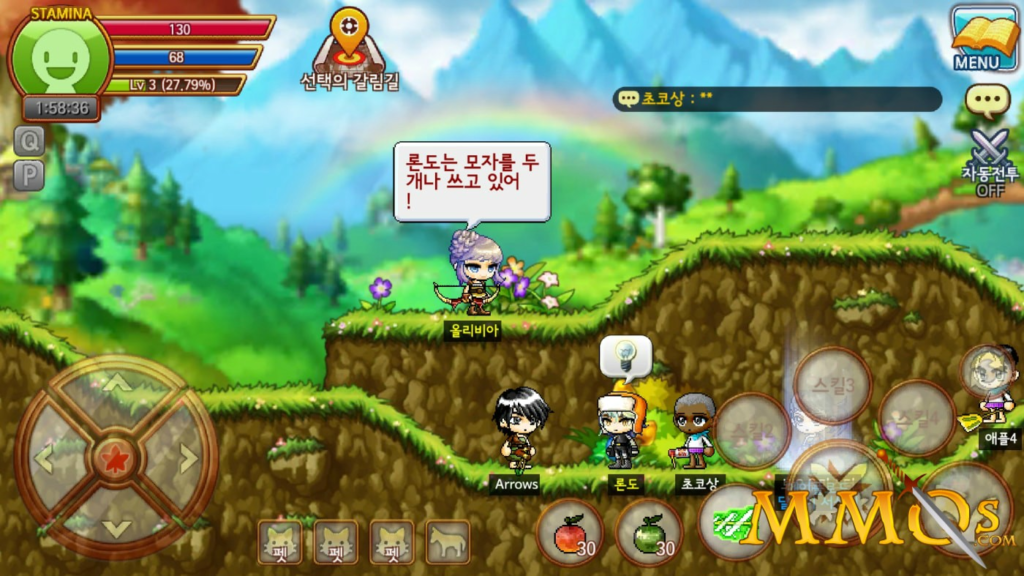
Before mobile gacha games, there was MapleStory.
Timed cosmetics, monetized pets, and power creep tied to your wallet—this free-to-play MMO was an early pioneer of pay-to-win mechanics.
10. Half-Life 2 – Mandatory Steam & DRM
When Half-Life 2 dropped, you couldn’t play it without installing Steam—even if you owned the physical disc.
Back then, it was seen as intrusive DRM. Today, it’s the industry standard.
11. World of Warcraft – The Daily Quest Grind
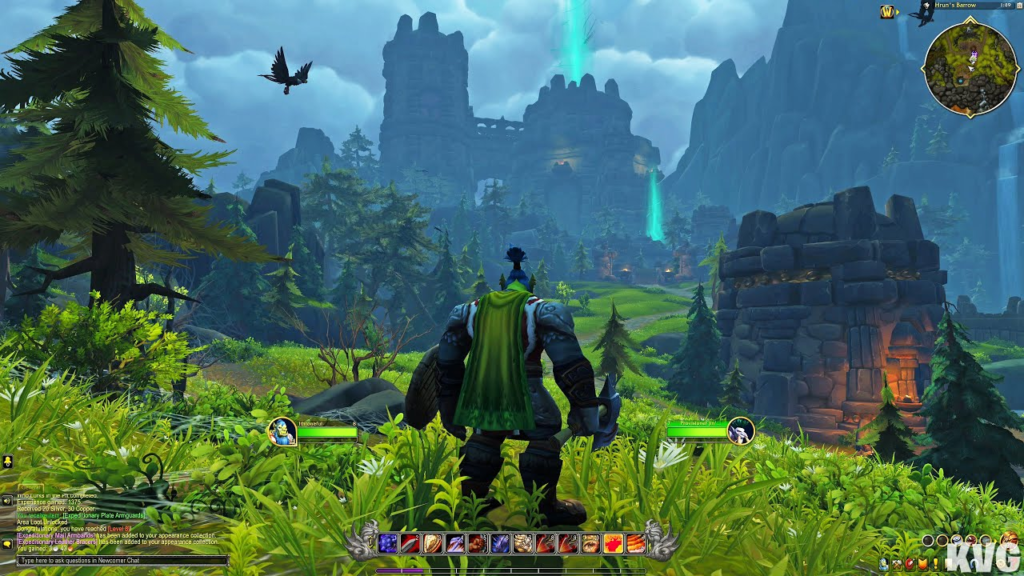
WoW popularized daily quests, rewarding consistent logins over fun exploration.
What started as a light task system turned gaming into a second job for millions.
12. Dead Space 3 – Loot Boxes in AAA Games
Dead Space 3 was a fantastic shooter—but it came with microtransactions in a $60 single-player game.
That was the moment players realized no genre was safe from monetization.
13. Mass Effect 3 – Multiplayer Loot Boxes
The Mass Effect 3 multiplayer tied loot boxes directly to your campaign’s “war readiness.”
Translation: if you wanted the best ending, you had to grind or pay.
14. Dark Souls – The ‘X Is the Dark Souls Of…’ Trope
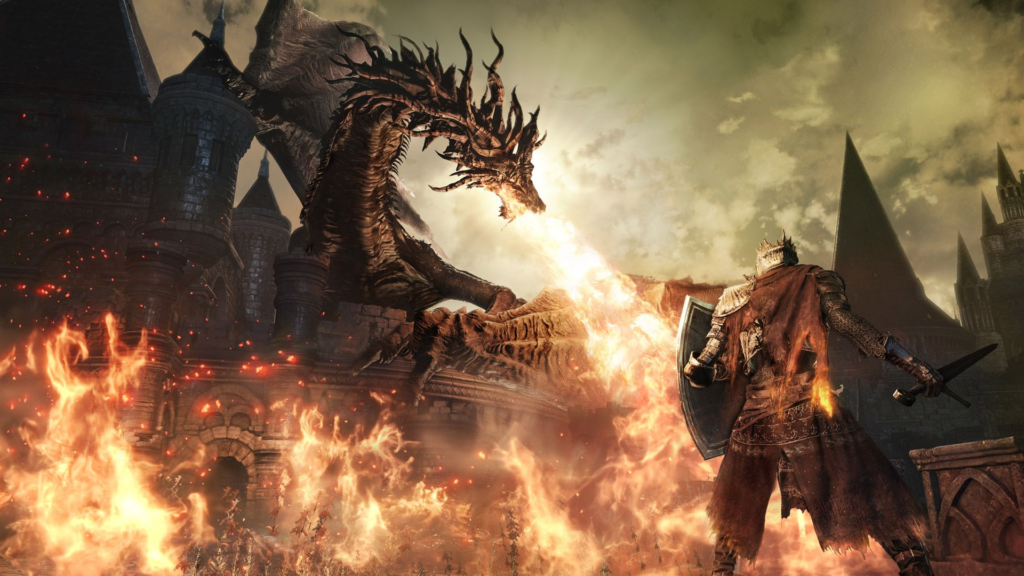
Dark Souls didn’t do anything wrong. Gaming journalism did.
Its difficulty spawned a lazy media trend—everything tough became “the Dark Souls of [insert genre].”
15. Shadow of Mordor – Patented Innovation
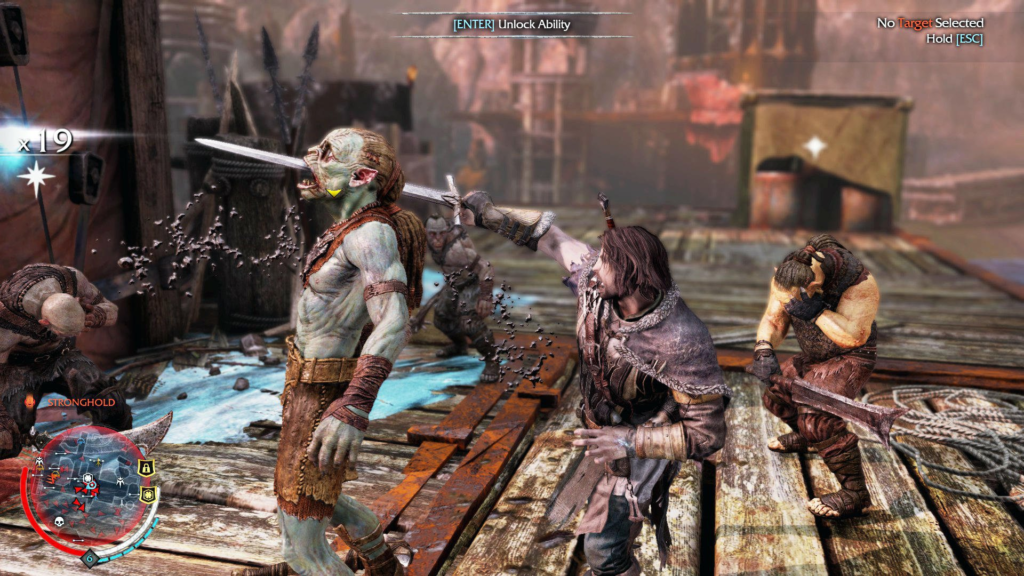
The Nemesis System was revolutionary—enemies remembered you, evolved, and plotted revenge.
Then Warner Bros. patented it, blocking other studios from using or expanding on the idea.
16. Crazy Taxi – The Arrow That Killed Exploration

The iconic waypoint arrow from Crazy Taxi was a cool idea—until it inspired decades of hand-holding navigation.
Exploration took a backseat to GPS-style gameplay.
17. Call of Duty 4: Modern Warfare – The Skin Grind
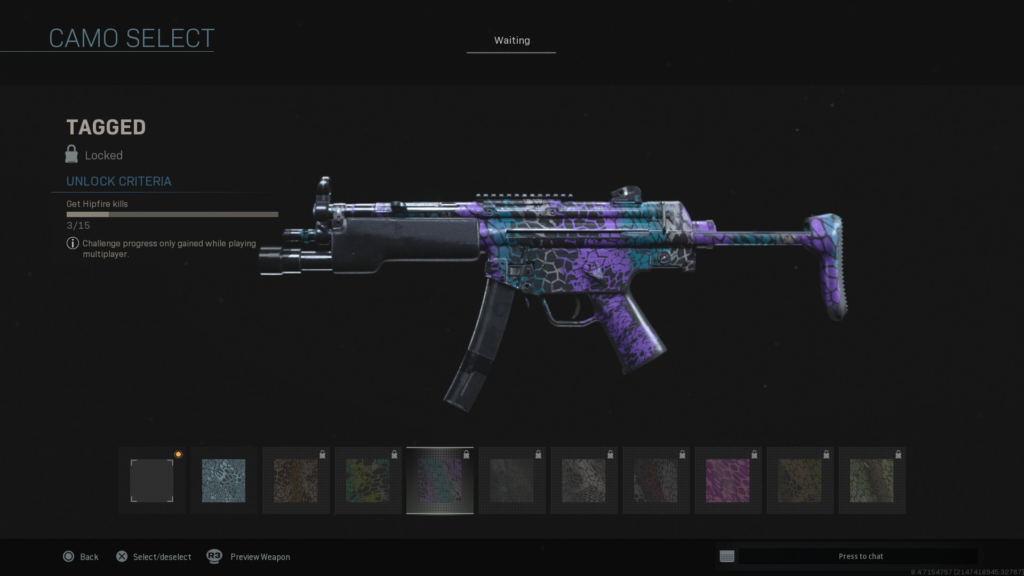
Modern Warfare redefined shooters—but also normalized grinding for cosmetics and unlocks.
The rush for XP and skins became the new motivation loop in online gaming.
18. Assassin’s Creed – Climbing Towers to Reveal Maps
The first Assassin’s Creed used towers as a clever way to show off its parkour system.
Unfortunately, every open-world game after copied it—turning “tower climbing” into a tired genre staple.
19. No Man’s Sky – The Redemption Trap
Hello Games deserves credit for turning No Man’s Sky around—but the success story created a new excuse for publishers:
“Launch it broken, fix it later.”
20. Fortnite – Crossover Chaos & Battle Pass Addiction
Fortnite didn’t invent crossovers or battle passes, but it perfected them.
From Marvel to Naruto, pop culture swallowed gaming whole.
It’s a marketing masterpiece—but one that erased originality from countless games trying to copy it.
Bonus Mentions
- Dragon’s Lair / Shenmue / Resident Evil 4 / God of War – Popularized Quick Time Events (QTEs), often seen as shallow gameplay.
- Dark Souls (again) – Spawned lazy journalism clichés.
- World of Warcraft (again) – Streamlined MMORPGs to the point of losing complexity.
Final Thoughts
Great games can still cast long shadows.
From loot boxes to battle passes to unfinished launches, these titles shaped modern gaming—for better and worse.
Which of these trends do you think did the most harm to the industry?
Drop your thoughts in the comments below, and be sure to check out the Cypher’s Pit Gaming YouTube channel for more deep dives like this one.
